You can create luxurious musk-like fragrances at home using plant-based alternatives that are both ethical and sustainable. Key botanical ingredients include ambrette seed, angelica root, and galbanum, which provide rich musky undertones. Blend these with essential oils like patchouli, myrrh, and sandalwood to achieve depth and staying power. Natural fixatives such as benzoin resin and labdanum help lock in your signature scent. The world of natural musk alternatives holds endless aromatic possibilities.
Understanding Natural Musk and Its Plant-Based Substitutes
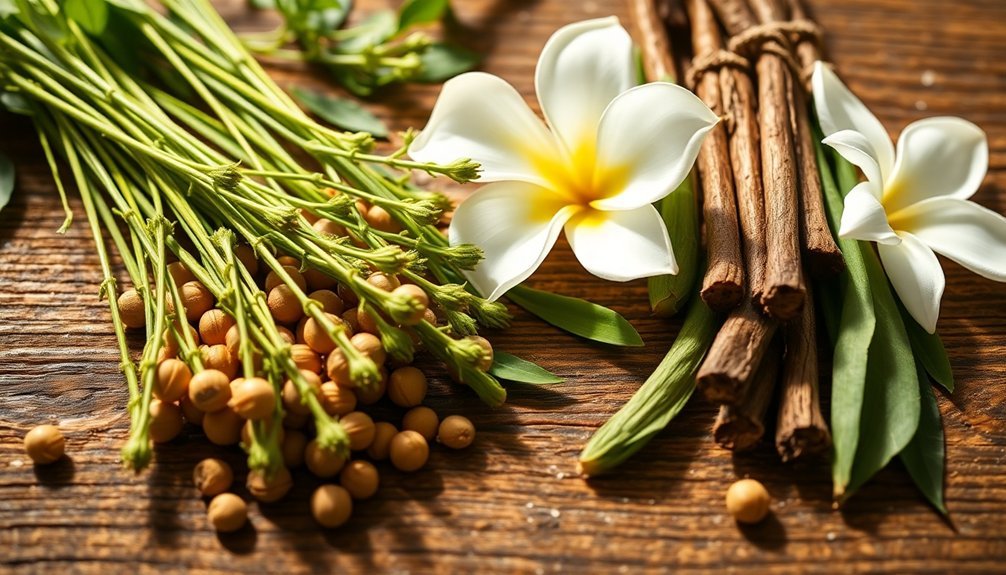
Why has the fragrance industry turned away from natural musk? The answer lies in serious ethical and environmental concerns. Natural musk, traditionally extracted from animal glands, particularly musk deer and civet cats, has been linked to cruel practices and severe habitat destruction.
By the 1970s, excessive poaching had dramatically reduced musk deer populations. The growing consumer awareness has led many to actively avoid products containing animal-derived musk.
You'll find that plant-based alternatives now offer a sustainable solution. The ambrette plant, along with Angelica root, Galbanum, and Spikenard, provides similar musky notes without harming animals.
These botanical substitutes create delicate, sweet aromas with distinctive musky undertones. When you're crafting fragrances, you can rely on these plant-based options to deliver the same depth and staying power as traditional musk, while ensuring your blends remain cruelty-free and environmentally responsible.
Essential Oils and Botanicals for Creating Musk-Like Aromas
Three key essential oils form the foundation of plant-based musk alternatives: patchouli, myrrh, and ambrette seed. You'll find these oils create a rich, earthy base that closely mimics traditional musk scents. Since animal-derived musk is now illegal and endangers species, these botanical alternatives offer ethical fragrance options. To enhance your blend, consider adding agarwood or vetiver for depth and complexity.
| Oil Type | Aroma Profile | Best Paired With |
|---|---|---|
| Patchouli | Deep, earthy | Citronella, Vetiver |
| Myrrh | Robust, penetrating | Helichrysum, Copaiba |
| Ambrette | Rich, alluring | Agarwood, Gurjun |
| Vetiver | Grounding, woody | Patchouli, Neem |
When creating your musk blend, you'll want to start with these base oils and gradually layer in complementary scents. Remember to dilute your blend in perfumer's alcohol for better longevity and safer application on skin.
Crafting Your Own Plant-Based Musk Blends at Home
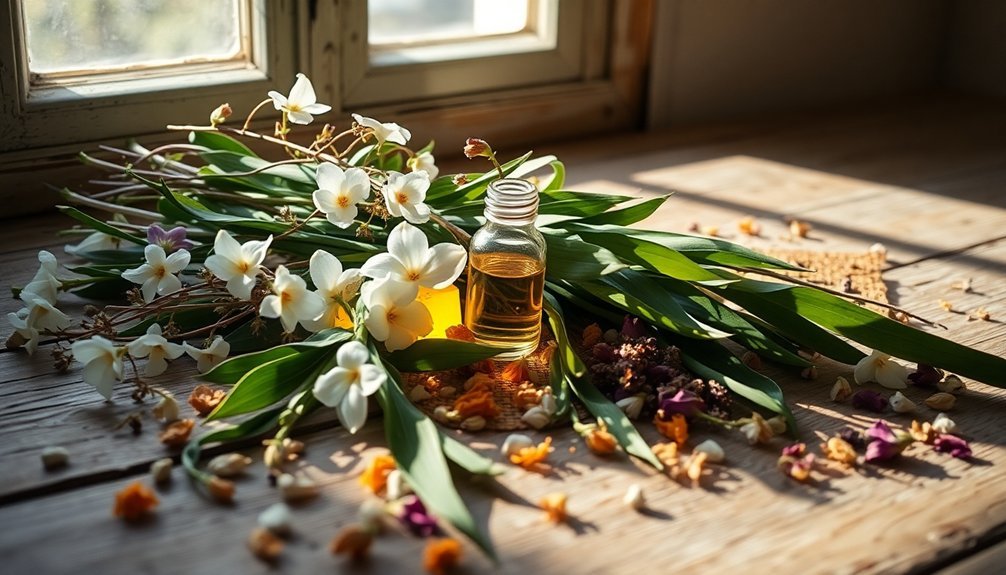
Creating your own plant-based musk blend starts with understanding the delicate balance between synthetic and natural components.
Start by selecting your base synthetic musks, such as Galaxolide or Habanolide, then blend them with Isoeugenol for a natural touch. You'll need perfumer's alcohol as your solvent to guarantee proper dilution and preservation.
Layer your fragrances thoughtfully by combining woody notes like patchouli with floral elements such as rose or geranium. Remember to follow proper dilution ratios to avoid skin sensitivity. Natural ingredients like nutmeg and ylang-ylang can enhance the musk profile when used sparingly.
Let your blend age for at least a month to allow the scents to meld together naturally. For an eco-conscious approach, verify that all your ingredients are cruelty-free and sustainable.
You can customize your blend further by adjusting the ratios of oriental, woody, or floral notes to match your preferred scent profile.
Perfecting the Art of Natural Fixatives in Musk Alternatives
When crafting plant-based musk alternatives, natural fixatives serve as the foundation for creating long-lasting fragrances.
You'll find that ingredients like benzoin resin and labdanum offer excellent staying power while providing warm, amber-like notes to your blends. Oud and myrrh can add depth and longevity to your formulations.
To enhance your fragrance's durability, consider incorporating vanilla derivatives or patchouli essential oil as base notes.
These ingredients won't just extend wear time; they'll also add complexity to your scent profile. For a modern approach, you can use ambroxan derived from clary sage or ambrettolide in your blends.
These alternatives aren't just effective; they're also cruelty-free and environmentally conscious choices that align with sustainable perfumery practices.
Sustainable Fragrance Profiles for Personal Scent Creation
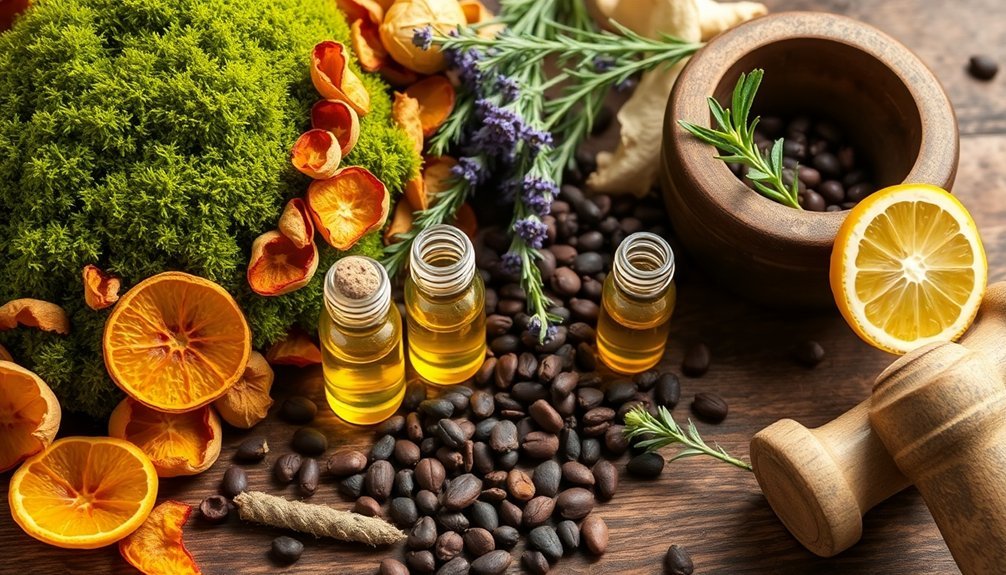
Building sustainable fragrance profiles starts with selecting ethically sourced botanical ingredients that align with your values and environmental goals.
You'll find that essential oils like lavender, rose, and sandalwood create complex, nuanced scents that interact uniquely with your body chemistry while maintaining eco-conscious standards.
When crafting your personal scent, consider using ambrette-derived alternatives to traditional musk.
These plant-based options offer the same depth and staying power while ensuring your creation remains vegan and cruelty-free.
You can enhance your blend's sustainability by choosing ingredients from brands that work directly with farmers and support fair trade practices.
Remember that natural ingredients tend to biodegrade more easily, so you're not only creating a signature scent but also contributing to reduced environmental pollution.
Frequently Asked Questions
How Long Do Plant-Based Musk Alternatives Last Compared to Synthetic Musks?
You'll find that synthetic musks typically last longer, up to several days, while plant-based musks generally last 4-12 hours. However, your skin chemistry and environmental conditions can affect both types' longevity.
Can Plant-Based Musk Alternatives Trigger Allergic Reactions?
Yes, you can experience allergic reactions to plant-based musks, including skin irritation and dermatitis. You'll want to do patch testing first and keep concentrations low, as individual sensitivity varies considerably.
What's the Average Cost Difference Between Synthetic and Plant-Based Musk Alternatives?
You'll find plant-based musks are markedly more expensive, with natural options like ambrette seed costing around $28,000 per kg, while synthetic musks are far more affordable at approximately $28 per kg.
Do Plant-Based Musk Alternatives Work Well in High Humidity Environments?
Yes, you'll find plant-based musks, especially ambrette seeds, perform excellently in humid conditions. They maintain their potent, musky scent and offer long-lasting fragrance that won't fade in high humidity environments.
Can I Use Plant-Based Musk Alternatives in Commercial Product Development?
Yes, you can use plant-based musk alternatives in commercial products. They offer consistent quality, meet sustainability standards, and satisfy consumer demand. They're particularly effective for perfumes, cosmetics, and personal care items.
In Summary
Plant-based musk alternatives let you create unique, sustainable fragrances at home without relying on synthetic or animal-derived ingredients. You'll find that combining ambrette seed, angelica root, and other botanical elements can yield complex, long-lasting scents that rival traditional musk. With practice and patience, you'll master the art of natural fixatives and develop your own signature plant-based blends that are both ethical and aromatic.
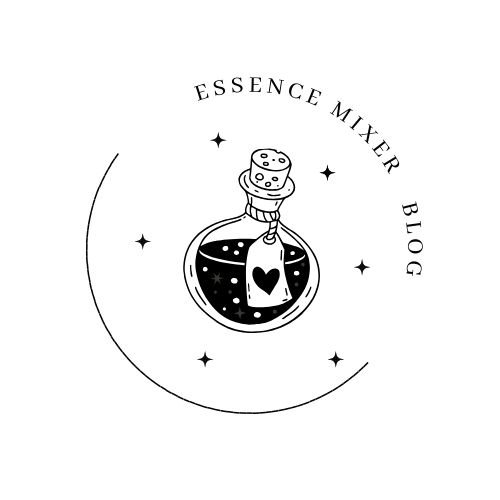
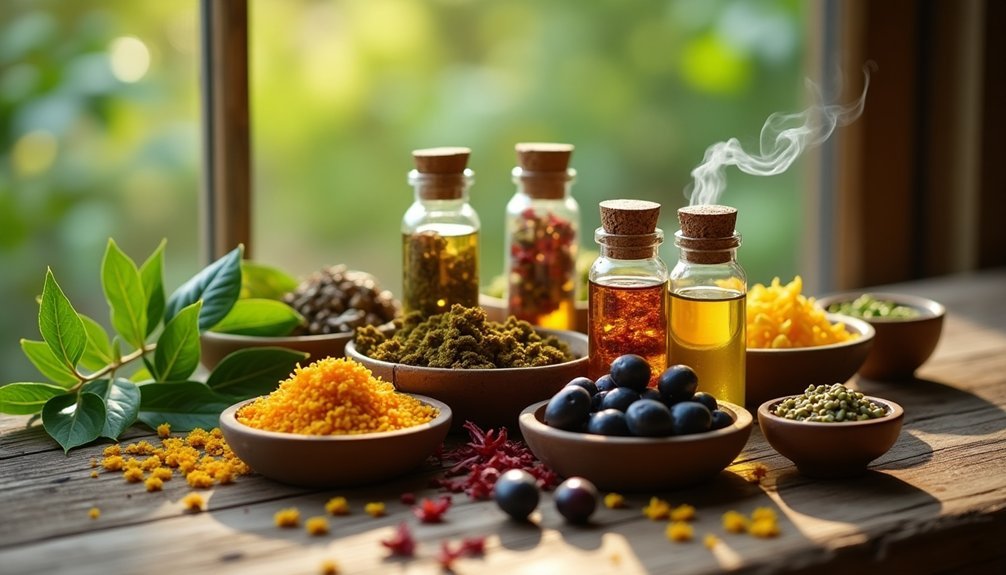
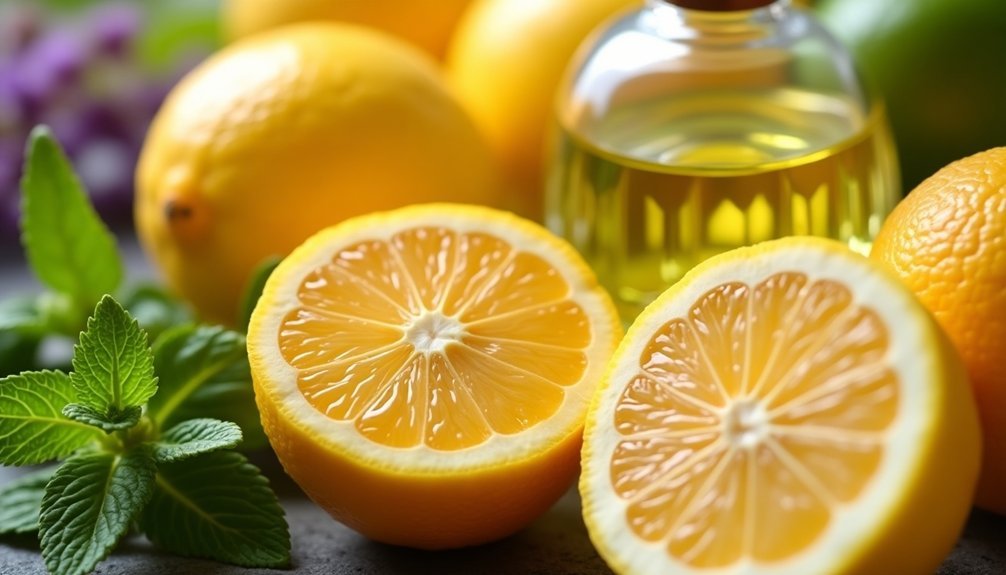
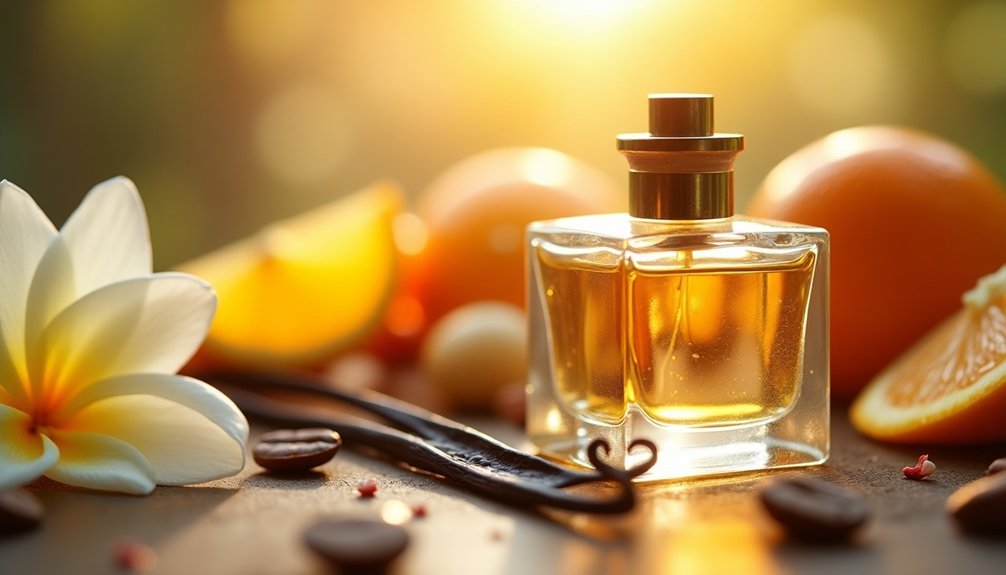
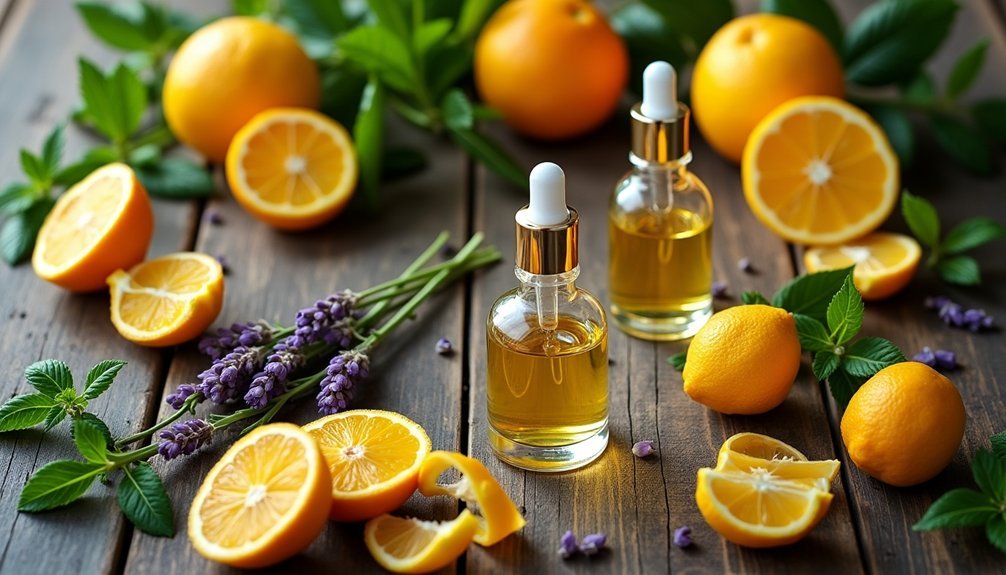
Leave a Reply